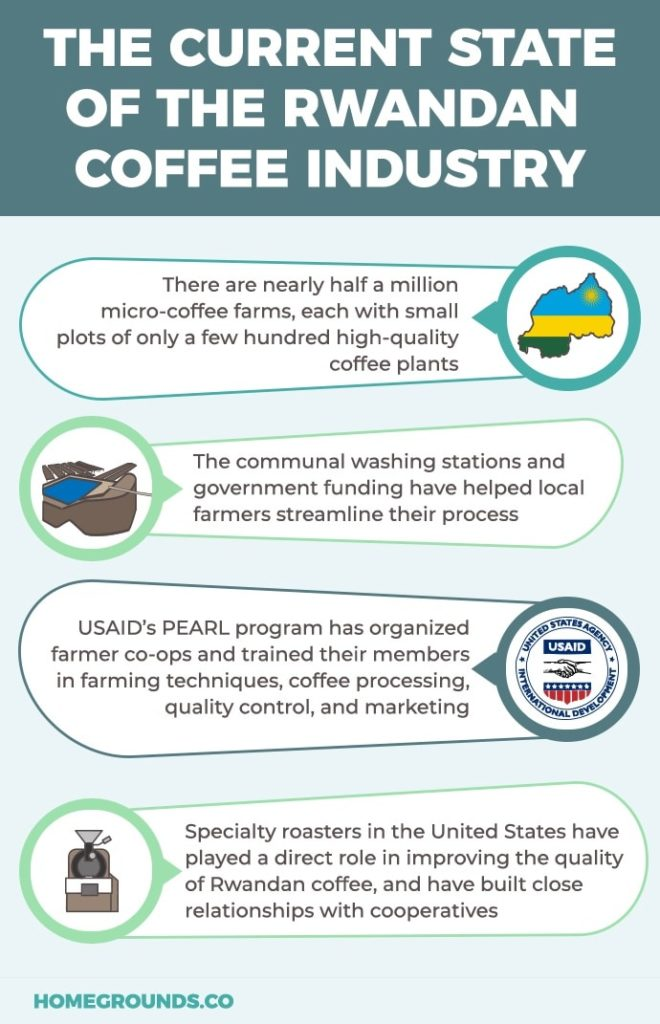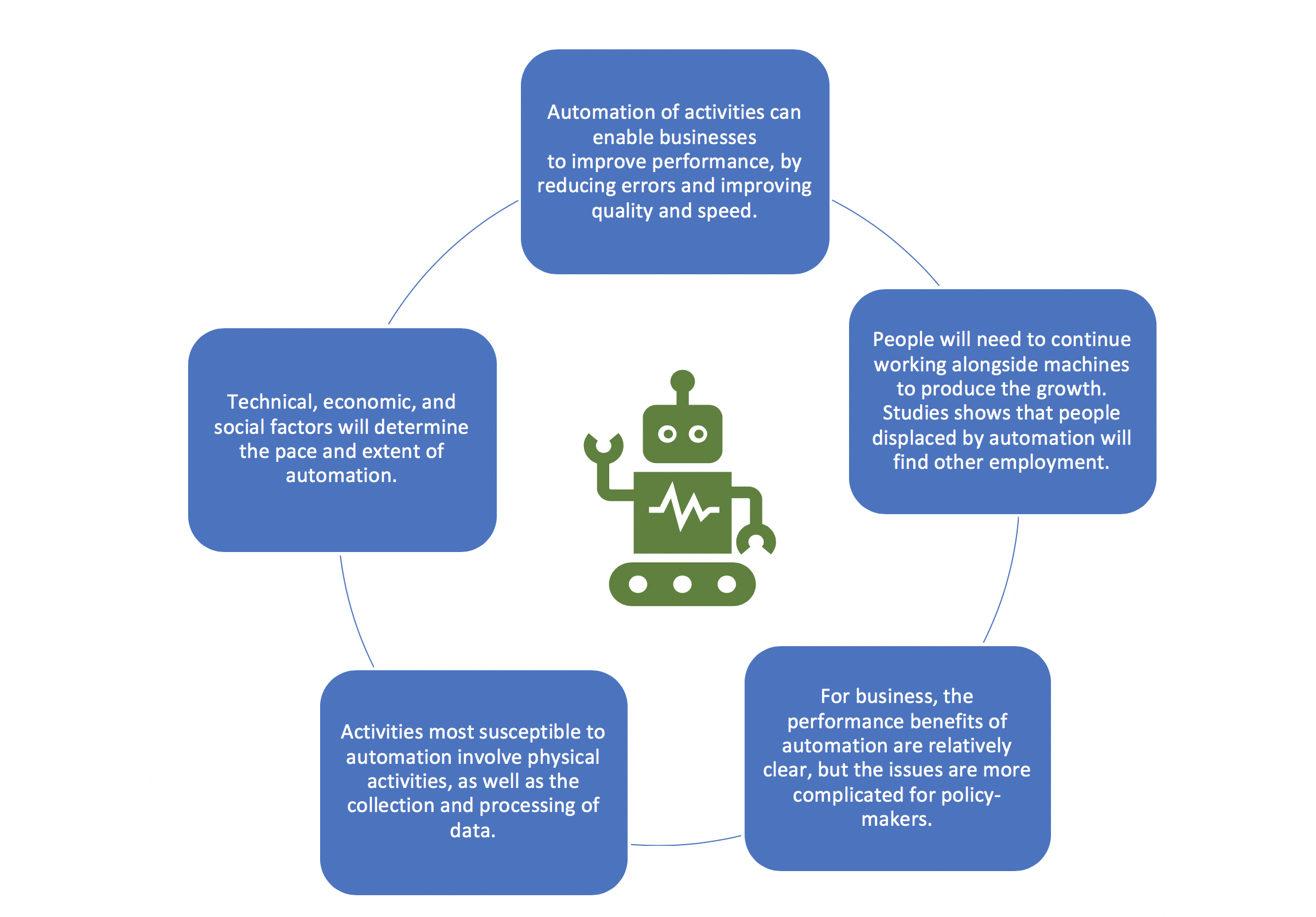The Rwandan coffee industry has become a vibrant symbol of economic transformation and social empowerment within the country. Rwanda coffee, renowned for its rich flavors and sustainable practices, is not just a beverage; it represents the collective efforts of coffee cooperatives that empower women in agricultural communities. As more women join these cooperatives, they gain financial independence and contribute to their families’ well-being, which significantly lowers incidences of domestic violence. The economic impact of this growth is profound, as it not only bolsters local economies but also fosters a culture of women empowerment, challenging traditional gender norms. With each coffee cherry harvested, the women of Rwanda rewrite their narratives, paving the way for future generations to thrive.
The boom in the coffee sector in Rwanda has catalyzed significant changes across various societal dimensions, particularly in women’s roles within their communities. Specialty coffee from Rwanda, celebrated for its quality, serves as a cornerstone in the livelihoods of many, especially through local coffee collectives that prioritize women’s labor. These initiatives encourage financial autonomy, directly addressing issues like domestic violence by fostering stronger economic foundations for households. The ripple effect of these developments creates not only a thriving agricultural market but also an empowered female workforce that is reshaping economic norms. As Rwandan women step into the spotlight, they are not only redefining their positions in society but also setting a precedent for empowerment and resilience.
The Economic Impact of the Rwandan Coffee Industry
The Rwandan coffee industry has become a pivotal driver of economic growth and development within the nation. With the establishment of numerous coffee cooperatives, Rwanda has significantly improved its coffee production processes, leading to higher quality exports. This boom not only provides a substantial income source for farmers but also contributes to the overall economic stability of the region. The cooperative model empowers local farmers by giving them control over their produce and ensuring they receive fair prices, which is crucial in a market often dominated by larger corporations.
Moreover, the economic impact of the Rwandan coffee industry extends beyond just the surface-level profits. The sector generates employment opportunities, particularly for women, who have traditionally played a critical role in coffee production. As these women engage in seasonal work at cooperative mills, they not only contribute to the family income but also gain financial independence, allowing them to invest in their families’ futures. This economic empowerment has positive ripple effects throughout communities, driving further development and reducing poverty.
Women Empowerment Through Coffee Cooperatives
Women empowerment in the Rwandan coffee industry is exemplified by the formation of coffee cooperatives, which have become instrumental in providing women with job opportunities and financial independence. Historically, women were often relegated to unpaid labor within the household, but the rise of these cooperatives has transformed their roles. By participating in coffee processing and production, women are not only gaining wages but are also participating in decision-making processes that affect their communities. This shift represents a significant step toward gender equality in a traditionally patriarchal society.
The engagement of women in cooperative work has also contributed to social changes with significant implications for addressing domestic violence. The financial independence gained through employment allows women to empower themselves and challenge traditional gender roles within their households. Studies have shown that as women earn income, they are more likely to participate in family decision-making and reduce their vulnerability to domestic abuse. This empowerment transforms not only the women’s lives but also shifts the dynamics of power within families, fostering healthier relationships and stronger communities.
Addressing Domestic Violence in Rural Communities
The connection between economic empowerment and reduced domestic violence is particularly pronounced in rural Rwandan communities where the coffee industry plays a central role. Research indicates that women who earn their own income through cooperative employment are less likely to experience domestic violence. This is likely due to a combination of increased bargaining power and the economic interests of their partners. When men realize that their financial well-being is tied to their wives’ ability to work and earn, the dynamics of violence may change.
Furthermore, the introduction of cooperative mills in these communities has created opportunities for women to work outside of the home, thus reducing their exposure to potentially abusive partners. As women leave their homes to participate in the coffee harvest and subsequent processing, the opportunities for conflict and violence may decrease, fostering a safer environment. This highlights the critical role that economic frameworks, such as coffee cooperatives, can play in not only boosting the economy but also in improving the social fabric by addressing issues like domestic violence.
The Role of Education in Coffee Communities
Education plays a crucial role in transforming the lives of women working in the Rwandan coffee industry. As women become integral members of coffee cooperatives, the quest for financial independence often motivates them to seek education for themselves and their children. By valuing education, these women are breaking the cycle of poverty and promoting a culture of learning in their communities. This is critical not just for individual families but for the future of rural Rwandan society, where educated women can contribute significantly to economic and social advancements.
Additionally, educational initiatives within coffee cooperatives provide women with knowledge about their rights, health, and financial literacy, empowering them to make informed decisions. This newfound awareness fosters a sense of agency that is instrumental in reducing vulnerability to domestic violence and assertively addressing issues such as health and family planning. The loop between education and empowerment continues as these women share their insights and experiences, sparking community-wide changes that promote equality and resilience in rural areas.
Sustainable Practices in the Rwandan Coffee Industry
Sustainability in the Rwandan coffee industry is redefining not just agricultural practices, but also the social and economic landscape of the region. The emphasis on producing high-quality coffee through sustainable means has led to environmentally friendly farming practices that not only improve yield but also protect the surroundings. This shift is critical in maintaining the delicate ecosystems that support Rwandan agriculture, ensuring that coffee production can thrive for generations to come.
Furthermore, sustainability in coffee production coincides with the empowerment of women within the industry. As cooperatives adopt sustainable practices, they often center their operations around community involvement, particularly encouraging women’s participation in environmental stewardship. This approach fosters a sense of ownership among women, allowing them to become agents of change in their communities, advocating for both their economic interests and the welfare of the environment. In this sense, sustainable practices are not solely about the land; they are intertwined with social transformation and economic stability.
The Future of Rwandan Coffee and Its Global Impact
The future of the Rwandan coffee industry is bright, with potential for further global impact as demand for specialty coffee continues to rise. Rwandan coffee, known for its unique flavors and quality, is starting to attract attention in international markets. As consumers become more conscious of ethical sourcing, Rwandan coffee cooperatives can capitalize on this trend by promoting their commitment to sustainability and social responsibility, as well as their role in supporting women’s empowerment.
Increased global demand for Rwandan coffee could translate into greater economic benefits for local communities. As coffee production expands and revenues grow, the impact of these cooperatives can lead to investments in social programs, education, and healthcare within their regions. The emphasis on quality and ethical sourcing not only strengthens the cooperative business model but also elevates the status of Rwandan coffee on the world stage. This positioning allows Rwanda to play a significant role in the global coffee market while simultaneously addressing local socio-economic challenges.
Frequently Asked Questions
What is the economic impact of the Rwandan coffee industry on women empowerment?
The Rwandan coffee industry has shown significant economic impact by empowering women through increased employment opportunities in coffee cooperatives. Women who work in these cooperatives tend to earn higher wages, which enhances their financial independence and reduces the risk of domestic violence. Research indicates that as women take on seasonal roles in coffee processing, they gain more bargaining power in their households, contributing positively to both their economic status and their overall well-being.
How do coffee cooperatives in Rwanda support domestic violence reduction?
Coffee cooperatives in Rwanda play a critical role in reducing domestic violence by providing women with access to paid work. Studies have shown that when women earn their own income through cooperatives, their economic position improves, leading to decreased incidents of domestic violence. The seasonal employment in coffee processing allows women to gain financial independence, which can deter abusive behavior from partners who may rely on their labor for economic support.
Why is the Rwandan coffee industry critical for women’s financial independence?
The Rwandan coffee industry is essential for women’s financial independence as it offers them opportunities to participate in the labor market through coffee cooperatives. By processing coffee cherries and engaging in cooperative activities, women can earn a stable income, which not only supports their families but also empowers them to make essential household decisions. Increased financial autonomy through Rwandan coffee production leads to enhanced self-esteem and a higher chance of escaping domestic violence.
What role do women play in the Rwandan coffee production process?
Women in Rwanda play a vital role in coffee production, particularly during the harvest season. They are primarily involved in cleaning, drying, and sorting coffee cherries at local mills and cooperatives. This engagement not only provides them with employment but also recognizes their traditional labor contributions in the coffee value chain, thus enhancing their role and visibility in the Rwandan coffee industry.
How has the expansion of mills affected women’s employment in Rwanda’s coffee industry?
The expansion of coffee mills in Rwanda has dramatically increased women’s employment opportunities. As these mills require labor for tasks traditionally performed at home, women have transitioned from unpaid family workers to wage earners, thereby increasing their household income and financial security. This shift has been linked to a reduction in domestic violence, as men’s economic reliance on their wives’ income from coffee processing reduces abusive behaviors during the harvest.
What impact does Rwandan specialty coffee production have on communities?
Rwandan specialty coffee production significantly impacts local communities by boosting economic growth and promoting women’s empowerment. The establishment of coffee cooperatives not only creates jobs but fosters community solidarity and support networks among women, leading to improved social cohesion and resilience. This economic upliftment facilitates educational and health improvements within communities, further enhancing the overall quality of life.
Can women’s empowerment through the Rwandan coffee industry lead to policy changes?
Yes, women’s empowerment through the Rwandan coffee industry can indeed lead to policy changes. Economic studies indicate that as women gain financial independence and increase their bargaining power within households, policymakers are prompted to develop laws and initiatives that protect women’s rights and promote gender equality in both economic and social spheres. Empowering women through the coffee sector sets a precedent for legislation aimed at further addressing domestic violence and enhancing women’s rights in Rwanda.
| Key Points | Details |
|---|---|
| Economic Empowerment | Rwandan specialty coffee production has led to increased seasonal employment for women, empowering them financially. |
| Reduction in Domestic Violence | Studies show that women hired in coffee mills experience a 29% decrease in domestic violence incidents during the harvest season. |
| Institutional Support | Cooperatives and local mills provide women the opportunity to earn wages, enhancing their bargaining power in households. |
| Social Context | The effectiveness of income in reducing violence depends on socio-cultural factors such as the acceptability of divorce. |
Summary
The Rwandan coffee industry is playing a crucial role in empowering women and reducing domestic violence. As women become wage earners in cooperative coffee mills, they gain financial independence and increased decision-making power. This economic shift not only contributes to their personal well-being but also creates a safer environment at home during the peak harvest season. Continuing to support the Rwandan coffee industry can foster sustained economic growth and further enhance the status of women in society.



